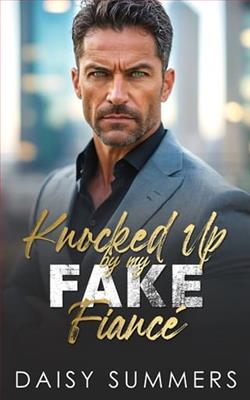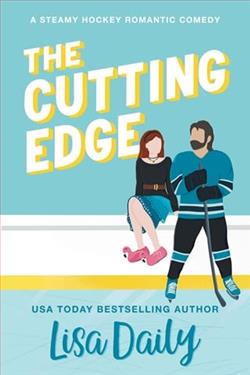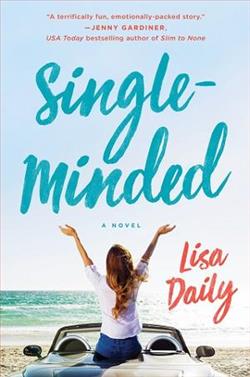Page 2 of The Midnight Lock (Lincoln Rhyme 14)
Not six feet away from her!
The phone, the phone … where’s the goddamn phone?
Talese reached for the dress on the floor.
Then froze. Don’t! He—she figured the intruder would have been male—had touched it.
My God … She ran to her closet and pulled on jeans and an NYU sweatshirt, then stepped into the first pair of sneakers she found.
Out! Get out now! The neighbors, the police …
Fighting back tears from fright, she started out of the bedroom, then noticed that one of her dresser drawers was partially open. It was where she kept her underwear. She’d noted something boldly colorful inside.
She approached slowly, pulled it fully open and looked down. She gasped and finally the tears broke free.
On top of her panties was a page from a newspaper. It wasn’t one she read, so he would have brought it with him. Written on it, in lipstick—the shade that she favored, Fierce Pink—were three words:
RECKONING.
—THELOCKSMITH
Annabelle Talese turned to sprint to the front door. She got about ten feet before she stopped fast.
She’d noticed three things:
One was that the butcher block knife holder, sitting on the island in the small kitchen, had a blank slot, the upper right-hand corner, where the largest blade had rested.
The second was that the closet in the hallway that led to the front door was open. Talese always kept it closed. There was an automated switch in the frame so that when you opened the door, the bulb inside went on. The closet now, however, was dark. She would have to walk past it to get to the front door.
The third thing was that the two deadbolts on the door were turned to the locked position.
Which meant—since the man who’d broken inside had no keys—he was still here.
2
The defense attorney, approaching the empty witness stand, beside which Lincoln Rhyme sat in his motorized wheelchair, said: “Mr. Rhyme, I’ll remind you that you’re still under oath.”
Rhyme frowned and looked over the solidly built, black-haired lawyer, whose last name was Coughlin. Rhyme affected a pensive expression. “I wasn’t aware that something might have happened to damage the oath.”
Did the judge offer a faint smile? Rhyme couldn’t see clearly. He was on the main floor of the courtroom, and the judge was considerably above and largely behind him.
The testimonial oath in court had always struck Rhyme as an unnecessary mouthful, even with the “so help you God” snipped off.
Do you solemnly swear to tell the truth, the whole truth and nothing but the truth?
Why did swearing have to be solemn? And once one affirmed the first “truth,” was there any point to the overkill? How about: “Do you swear you won’t lie? If you do, we’ll arrest you.”
More efficient.
He now relented. “I acknowledge that I’m under oath.”
The trial was being conducted in New York Supreme Court—which, despite the name, was in fact a lower-level court in the state. The room was wood paneled and scuffed, the walls hung with pictures of jurists from over the years, going back, it seemed, to the days of Reconstruction. The proceeding itself, however, was pure twenty-first century. On the prosecution and defense tables were computers and tablets—the judge had a slim high-def monitor too. There was not a single law book in the room.
Present were thirty or so spectators, most here to see the infamous defendant, though perhaps a few hoping to see Rhyme.
Coughlin, whose age Rhyme figured to be about fifty, said, “I’ll get to the substance of my cross-examination.” He flipped through notes. Maybe there were no books, but Rhyme noted easily a hundred pounds of foolscap between the defense and the prosecution tables.
“Thank you, sir,” said the judge.















